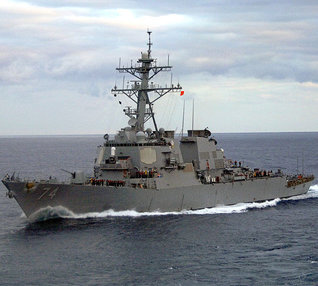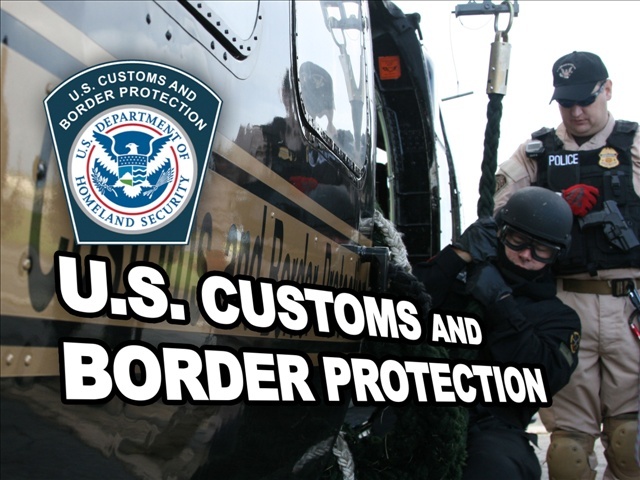I spent the five happiest years of my life in a morgue. As a forensic scientist in the Cleveland coroner’s office I analyzed gunshot residue on hands and clothing, hairs, fibers, paint, glass, DNA, blood and many other forms of trace evidence, as well as crime scenes. Now I'm a certified latent print examiner and CSI for a police department in Florida. I also write a series of forensic suspense novels, turning the day job into fiction. My books have been translated into six languages.
Either is good. It depends a bit on what you want to do. If you want to work crime scene, then general forensic science is probably good. If you want to go into toxicology, then chemistry, and if DNA, then biology or genetics.
Hope that helps.
That depends entirely on the circumstances. If a sample of anything--blood, saliva, semen--is properly dried and kept in relatively dry conditions at a steady low temperature, or even frozen, it can last for decades. If the temperature and humidity vary greatly, then the sample could break down. If it's stored in plastic or airtight when wet it could rot and decompose.
It depends on what you want to do. I've always used only basic addition, division etc., for calculating reagents. Accident reconstruction would probably require a bit more and maybe DNA analysis, but I don't really know. Best of luck!
"Touch" DNA or "Contact DNA" can obtain a profile from an item that someone merely touched: https://en.wikipedia.org/wiki/Touch_DNA
I would say Rapid DNA, which can provide a profile in less than two hours and used in the battlefield, but that's been around since 2014.
And though you've seen it on TV every day for 50 years, it has not been possible for the average latent print examiner to scan in a fingerprint and search every person who's ever been fingerprinted, including job applicants and military. Most databases would be just county or state wide, and may or may not include job applicants (or staff) depending on the preferences of the agency, and certainly not the military, ICE or Interpol. At my department we only got the ability to remotely search the FBI database last year.
Hope that helps!
Navy Officer (Former)
 Why do so many people miss the military after they get out?
Why do so many people miss the military after they get out?
CBP Officer
 How cooperative are Mexican authorities re: US immigration and border control?
How cooperative are Mexican authorities re: US immigration and border control?
Stand-Up Comedian
 Did your career blow up after you performed on the Tonight Show / Conan?
Did your career blow up after you performed on the Tonight Show / Conan?
I do not work at a coroner’s/medical examiner so I don’t cut anyone. At a crime scene I might examine the eyes or test the limbs for rigor or look for injuries but that’ s about it.
That’s a good question…I know that the human body will either decompose or desiccate, so if the conditions were right and she dried out instead of breaking down, then the body might be largely preserved. But what could be determined from an autopsy would be a question for a pathologist, I’m afraid. Sorry I’m not more help.
I am an expert in some areas of forensic science. I am not an expert in law, public safety policy or our political system.
-OR-
 Login with Facebook
Login with Facebook (max 20 characters - letters, numbers, and underscores only. Note that your username is private, and you have the option to choose an alias when asking questions or hosting a Q&A.)
(A valid e-mail address is required. Your e-mail will not be shared with anyone.)
(min 5 characters)
By checking this box, you acknowledge that you have read and agree to Jobstr.com’s Terms and Privacy Policy.
-OR-
 Register with Facebook
Register with Facebook(Don't worry: you'll be able to choose an alias when asking questions or hosting a Q&A.)